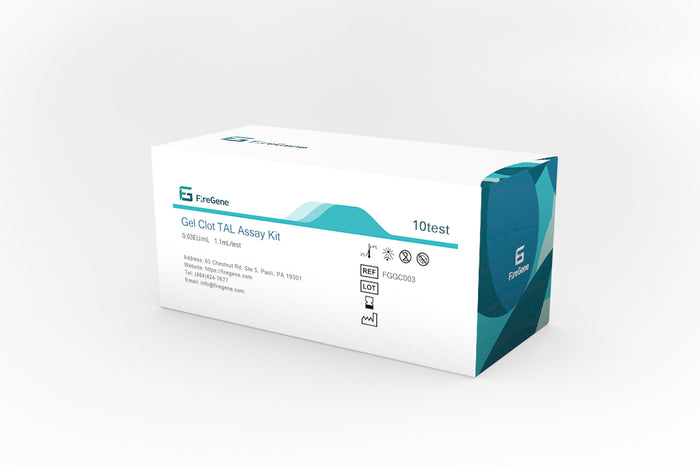
。
html
Endotoxin Detection with Gel Clot Test Kit
Endotoxins, also known as lipopolysaccharides (LPS), are toxic components found in the outer membrane of Gram-negative bacteria. Their presence in pharmaceuticals, medical devices, or other sterile products can pose serious health risks, including fever, septic shock, and even death. Accurate detection of endotoxins is therefore critical in ensuring product safety and compliance with regulatory standards.
What is the Gel Clot Endotoxin Test Kit?
Keyword: Gel Clot Endotoxin Test Kit
The Gel Clot Endotoxin Test Kit is a widely used method for detecting endotoxins based on the clotting reaction of horseshoe crab (Limulus polyphemus) amoebocyte lysate (LAL). This test relies on the natural immune response of the horseshoe crab, where endotoxins trigger a gel formation in the presence of LAL.
The test is simple, cost-effective, and highly sensitive, making it a preferred choice for many laboratories. It is commonly used in pharmaceutical, biotechnology, and medical device industries to ensure products are free from harmful endotoxin contamination.
How Does the Gel Clot Test Work?
The Gel Clot Endotoxin Test Kit operates through the following steps:
- Sample Preparation: The test sample is diluted to a suitable concentration to avoid interference with the reaction.
- Mixing with LAL Reagent: The prepared sample is mixed with the LAL reagent in a test tube.
- Incubation: The mixture is incubated at a controlled temperature (typically 37°C) for a specified period (usually 60 minutes).
- Result Interpretation: After incubation, the tube is inverted. If a firm gel forms and remains intact, the test is positive for endotoxins. If no gel forms, the result is negative.
Advantages of the Gel Clot Method
- High Sensitivity: Capable of detecting endotoxin levels as low as 0.03 EU/mL.
- Simplicity: Requires minimal equipment and technical expertise.
- Cost-Effective: More affordable compared to other endotoxin detection methods like chromogenic or turbidimetric assays.
- Regulatory Compliance: Approved by pharmacopeias such as USP, EP, and JP for endotoxin testing.
Applications of the Gel Clot Endotoxin Test Kit
The Gel Clot Endotoxin Test Kit is widely used in:
- Pharmaceuticals: Testing injectable drugs, vaccines, and sterile water.
- Medical Devices: Ensuring endotoxin-free implants, catheters, and surgical tools.
- Biotechnology: Monitoring endotoxin levels in cell culture media and recombinant proteins.
- Quality Control: Routine testing in manufacturing to comply with regulatory requirements.
Conclusion
The Gel Clot Endotoxin Test Kit remains a reliable and efficient method for detecting endotoxins in various industries. Its simplicity, sensitivity, and cost-effectiveness make it an essential tool for ensuring product safety and regulatory compliance. By using this test, manufacturers can confidently verify that their products are free from harmful endotoxin contamination.